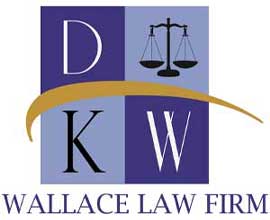If you drive with a blood alcohol concentration above Florida’s 0.08% legal limit, you probably expect to face criminal charges. After all, state law does not look favorably upon intoxicated motorists. While officers may stop a specific vehicle if they suspect its driver has had too much to drink, you may encounter broader enforcement at a sobriety checkpoint.
Provided that officers comply with a few guidelines, DUI checkpoints are legal in the Sunshine State. If you are facing DUI charges after an arrest at a sobriety checkpoint, it is certainly worthwhile to investigate whether officers conducted the roadblock legally. Nonetheless, law enforcement agencies work diligently to comply with the law.
Finding planned checkpoints
Officers must warn motorists in advance of upcoming checkpoints. They typically do this in two different ways. First, they publish the location of roadblocks in local media and online. They also erect road signs to notify drivers that they are about to reach the checkpoint.
Avoiding a checkpoint
If you are approaching a sobriety checkpoint, you may not have to stop. That is, officers typically only detain a sample of passing motorists. Moreover, if you can do so safely and without violating traffic laws, you can also turn to avoid the roadblock. Officers may not use this tactic as a reason to stop your vehicle. Of course, if you violate some law, officers may have reasonable suspicion to pull over your car.
Protecting yourself
At a sobriety checkpoint, an officer may ask you for your license, vehicle registration and proof of insurance. While you must provide these documents, you do not have to engage in conversation with the officer. You also do not have to consent to a search of your vehicle. Remember, officers are looking for signs of potential intoxication. Saying as little as possible is often an effective strategy for protecting yourself.
You do not want to have a DUI conviction on your record. Still, because sobriety checkpoints are legal in Florida, you may eventually encounter one. By understanding your rights at these roadblocks, you may increase your odds of avoiding DUI charges.


